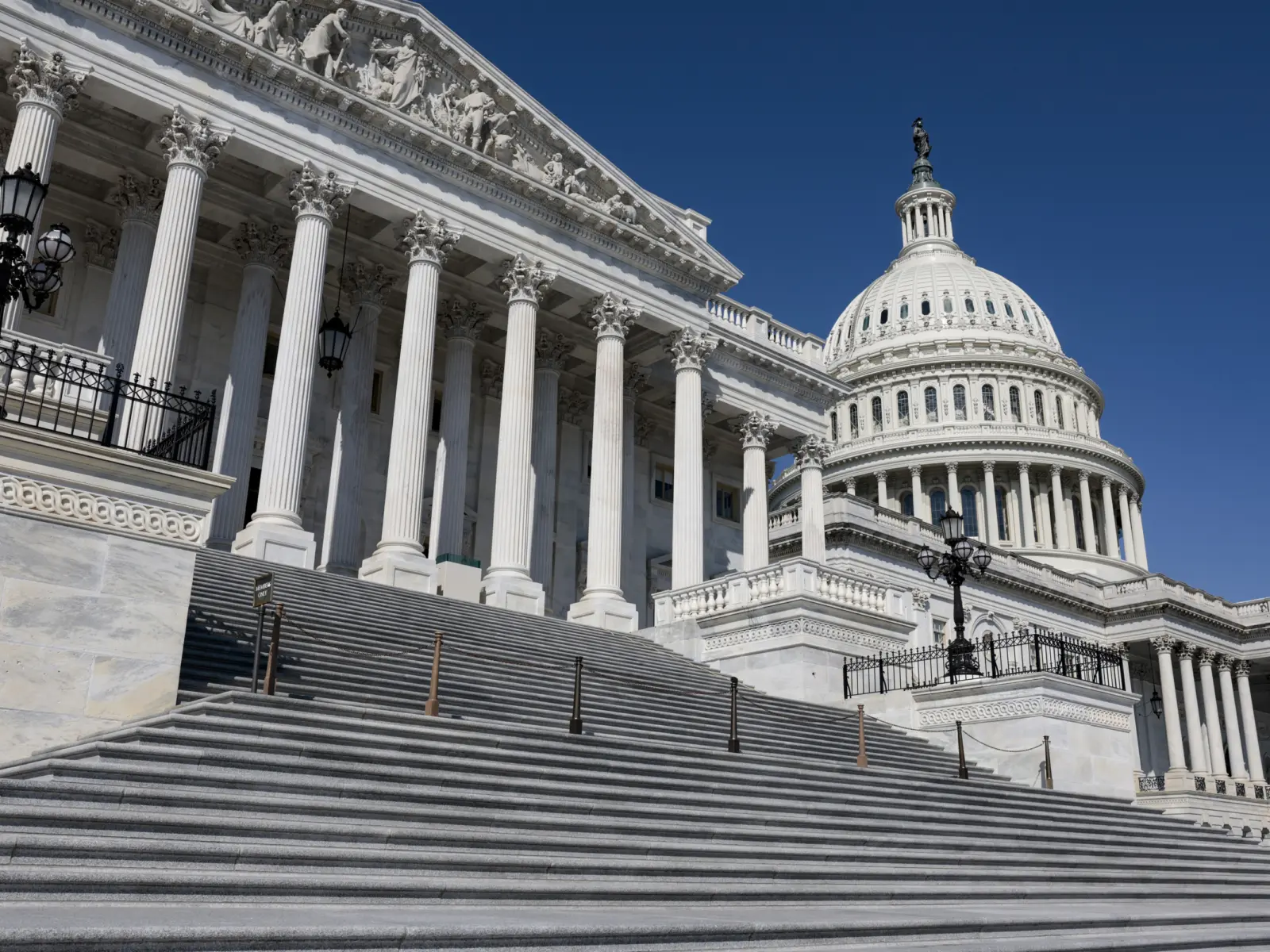The predominant way we pay for health care in the United States is the fee-for-service (FFS) system, where clinicians are reimbursed based on the number and types of services delivered, rather than the quality of care. But a growing body of evidence suggests that population-based payment models like accountable care organizations (ACO) are one of the most promising ways to improve the efficiency of the health care system and promote personalized, high-quality care.
ACOs — groups of doctors and other providers who come together to provide coordinated care to a defined population of patients — agree to be held accountable for the quality and cost of their care. Shifting towards population-based payment approaches, such as ACOs, can help address health care challenges that patients and policymakers are concerned about, including affordability, access, quality, and equity.
Arnold Ventures has long supported the shift away from FFS reimbursement, through work aimed at increasing the share of patients in alternative payment models that hold providers accountable for the cost and quality of care. Recently, health leaders met for Health Care Value Week and a concurrent conference with Accountable for Health to explore new ways to improve physician reimbursement and continue the move toward alternative payment models. Here are some key takeaways.
Accountable Care Is More Popular
There has been meaningful progress to shift away from FFS over the last decade, particularly within Medicare. The Medicare Shared Savings Program (MSSP), Medicare’s permanent ACO program, has generated modest net savings while maintaining or improving quality. Evaluations of the MSSP have also shown that ACOs led by physicians are more successful in generating savings compared to hospital-led ACOs. Moving forward, policymakers have an opportunity to build on the successes of the MSSP, including by increasing provider participation, strengthening incentives for ACOs to reduce Medicare spending, and putting physicians — particularly primary care providers — at its center.
Patients Prefer Person-centered Care
Well-designed and well-implemented population-based payment can incentivize care that is aligned with patients’ preferences for care that is more affordable, accessible, and personalized. When asked to choose, people prefer a model that pays providers for quality rather than quantity of care by a 4:1 margin – positioning accountable care as a favored alternative to the status quo FFS system.
Population-based payment models can lead not only to a more efficient and affordable health care system but also a better care experience for patients. In a recently released series of stories, the Centers for Medicare and Medicaid Services (CMS) highlighted improved patient-provider experiences in the ACO REACH model – a pilot program that rewards providers in underserved communities for delivering high quality and more coordinated care. The model enables clinicians to spend more one-on-one time with patients and manage chronic conditions more effectively and proactively, ultimately improving experiences and outcomes.
The next phase of the accountable care movement should build on successful models. Policymakers should consider ways to incentivize participation and savings as well as drive practice transformation that delivers on the promise of population-based payment.
We Are at a Critical Juncture to Expand Accountable Care for Improved Affordability
After more than a decade of refining and testing new payment models, there is opportunity for action to improve existing models and incentivize greater participation. Policymakers must continue to support the adoption and improvement of accountable care models, particularly given CMS’s goal to have all Medicare beneficiaries in such models by 2030.
Expanding uptake of accountable care requires stronger incentives and additional guidance for small and safety-net providers. Design parameters such as the payment benchmarks that determine ACOs’ shared savings when they provide high-quality care more efficiently are key to strengthening these incentives. Increasing uptake could also include moving from purely voluntary payment models to select models that are mandatory for a targeted set of providers prepared to succeed, or having a stronger set of payment sticks and carrots to encourage movement from FFS.
For Good Primary Care, the Future is Accountable Care
The future of payment reform must also focus on bolstering primary care, which is the foundation of an efficient, high-performing health care system. FFS payment fails to give primary care providers flexibility to deliver high-quality, equitable, and patient-centered care. It also underinvests in primary care while overpaying for certain specialties and procedural services.
Even within ACOs, primary care providers typically receive FFS payments, which incentivize them to focus on reimbursable services and visit volume. Future payment models should focus on sustainable financing for primary care, such as through a monthly, upfront payment for primary care within the MSSP. Reforming FFS payments to address the mispricing of primary and specialty care should also be considered. This would better position primary care providers to deliver more comprehensive, personalized, and continuous care that can result in better outcomes for patients and a more affordable health care system.
CMS can make changes to the MSSP and physician payments in the annual Medicare Physician Fee Schedule rule, which determines how clinicians are paid for services in Medicare. The proposed rule for 2025 is expected in the summer with the final rule published in early November. There may also be legislative opportunities for additional progress over the next few years. Recent hearings and the formation of a bipartisan working group focused on Medicare payment reform in the Senate suggest the issue is garnering well-deserved attention in Congress.












